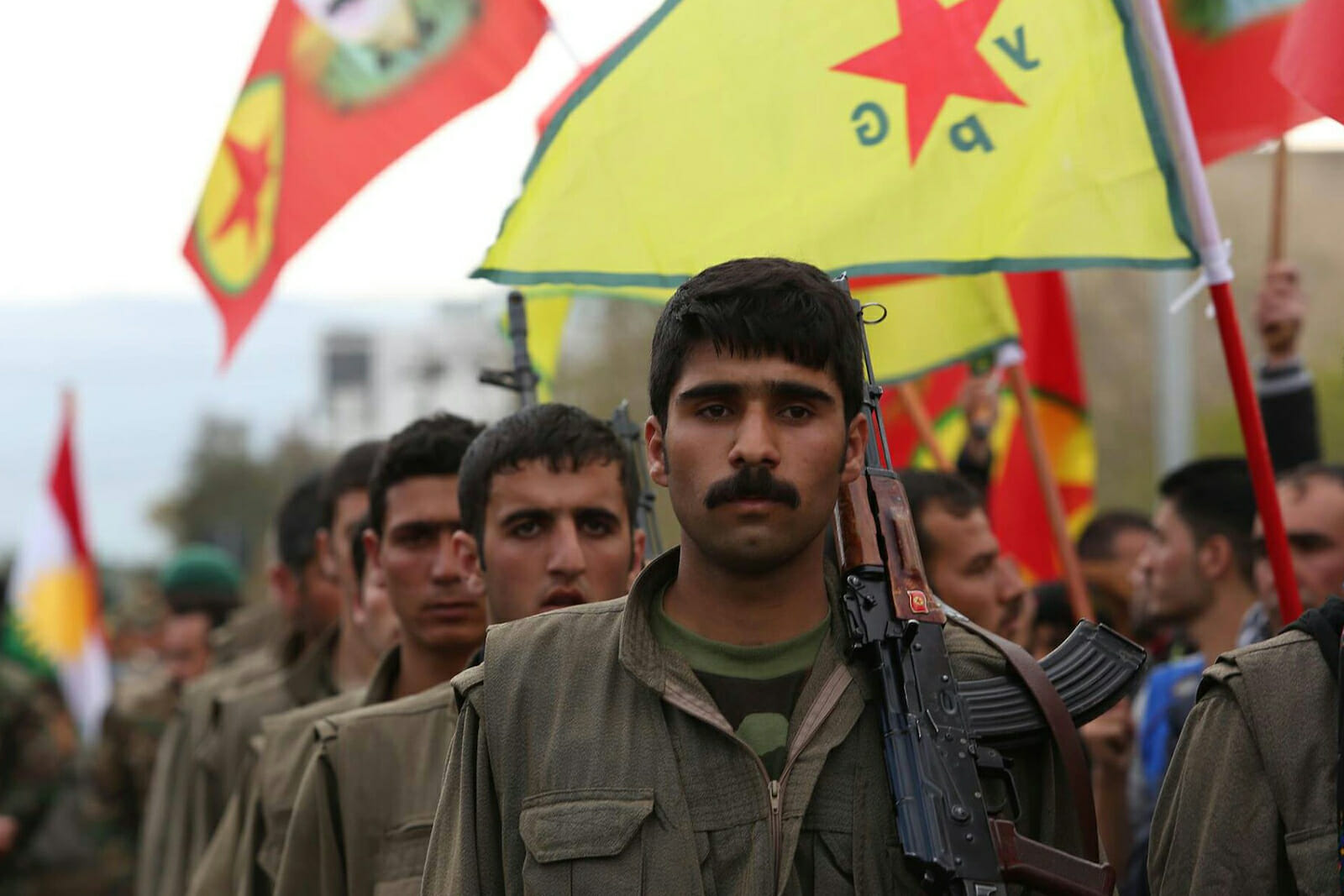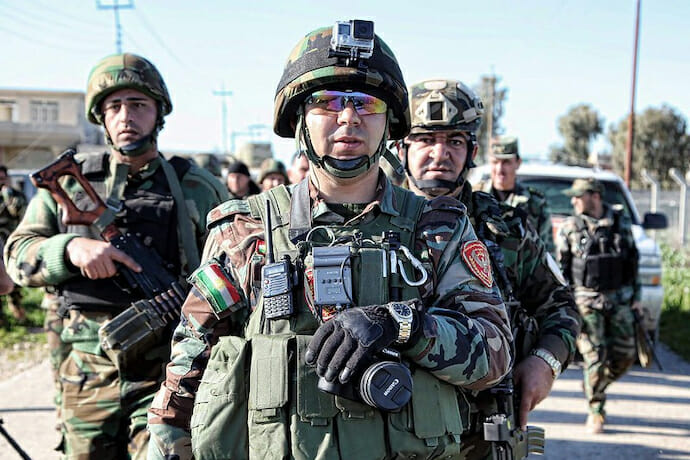
In Trying to Defeat the PKK, Turkey Risks Destabilizing Iraqi Kurdistan
After four decades of fighting, almost 40,000 casualties, and countless dollars spent, Turkey has failed to contain the Kurdistan Workers’ Party (PKK). Turkey has employed a new strategy: conducting military operations that create anti-PKK narratives that in turn, it is hoped, will lead to a military victory. As an insurgency, the PKK feeds off popularity, its strength and success depend on it. Turkey’s new strategy is designed to depopularize the PKK.
The PKK has a presence in much of the region. It has blueprints not only in the Middle East but in Europe and beyond. According to German intelligence, the PKK collects millions of dollars in Europe annually. The group and its offshoots control most of the inland territory lying south of the Turkish border. It is also one of the main sources of contention in American-Turkish relations. Turkish President Recep Tayyip Erdogan’s foreign policy of focusing on the Middle East is thwarted from the south due to the PKK. Breaking this hurdle requires the consent of the people inhabiting the region and regional powers.
Turkey, the U.S., and many other Western nations consider the PKK a terrorist organization. Turkey’s goal is to remove it from its popular base. A senior Kurdish leader has stated that Turkey has asked Kurdish officials in Iraqi Kurdistan to label the PKK as a terrorist organization. Nonetheless, despite Turkey’s best efforts, many Kurds consider the PKK the guardian of all Kurds.
As the group’s strength lies in its popularity, assaulting the group’s cause will be a cheaper and more effective strategy. Convincing the Kurds that the PKK is composed of a bunch of terrorists can deprive the group of its base of support. As direct military means have been exhausted, Ankara is trying out new strategies.
Previously, Ankara attempted to keep its military operations against the PKK a secret, but Turkey has been found promoting certain military operations. The military operations are no longer limited to uninhabited mountains but sometimes deep within Iraqi territory.
It recently targeted a refugee camp in Makhmour, near Erbil, the capital of Kurdistan. Erdogan called the camp a threat, as grave as Qandil, where the PKK’s headquarters are located. It is unclear how the camp could threaten Turkey because it lies over a hundred miles south of the Turkish border. The strike on Makhmour was possibly an effort by Turkey to distract attention from a military operation that occurred elsewhere at about the same time.

In the operation, five Peshmerga from Iraqi Kurdistan were killed while riding in a military vehicle near Erbil. The incident brought Kurdish authorities and the PKK to the brink of a civil war. The strike prompted a wide anti-PKK narrative.
Masrour Barzani, the prime minister of Kurdistan, held the PKK responsible for the killing of the Peshmerga fighters. The statement was followed by a similar one from Barham Salih, Iraq’s president, a Kurd, who questioned the legality of the group’s presence in the region.
However, military experts claim that the Peshmerga were killed by an airstrike. Notably, the PKK lacks aircraft. The vehicle’s tires were intact while its roof was blown off. The PKK denied their involvement and demanded an investigation into the incident. Nonetheless, the strike stoked anti-PKK sentiments.
The PKK doesn’t want to antagonize Iraqi Kurdistan. The region is of paramount importance to the organization. Its fighters and assets are located there. The region serves as a land bridge between the PKK’s headquarters in Qandil and its forces in Iraq, Turkey, Syria, and Iran.
On social media, the killing of the Peshmerga fighters prompted questions regarding the PKK’s goals and activities.
In an interview, a top Peshmerga commander undermined the group’s efforts in defeating ISIS and called their efforts propaganda. These narratives have forced the PKK to limit its activities in Iraqi Kurdistan to satisfy Erbil, which is another of Turkey’s objectives.
Iraqi Kurdistan has mobilized its fighters closer to PKK bases. The rebels had no option but to accommodate Iraqi Kurdistan because clashing with their Kurdish brethren helps to promote Turkish goals. A civil war would exhaust the PKK and force it to submit to Turkish demands. To avoid a civil war, the PKK has to limit its activities.
Presently, forces loyal to the PKK are surrounding the KRI. The Patriotic Union of Kurdistan which controls the KRI Peshmerga has declared its neutrality, leaving the Kurdistan Democratic Party alone, which is also unlikely to fight the PKK. If a war breaks out, Turkish forces would be invited to Iraqi Kurdistan which will strengthen the popularity of the PKK which is something Turkey wants to avoid.
Additionally, in 1995, a Turkish force of 35,000 invaded Iraqi Kurdistan. Yet it failed to expel the PKK from the region. What’s more, in the 1990s, Turkish-backed Kurdish fighters fought the PKK. The PKK was forced to abandon its military camps across the Turkish border, only to return to the area later. Now Peshmerga fighters within Iraqi Kurdistan are untrained and lack counterinsurgency skills. Crucially, a majority of Kurds denounce intra-Kurdish fratricide.
Currently, the PKK and its sponsored groups are spread over Iran, Iraq, Syria, and Turkey. As the second most powerful military in NATO, Turkey had failed to contain the group. This is why it has resorted to a war of narratives, and covert military actions, against the PKK. However, it remains to be seen how Turkey’s strategy will unfold in the future.

